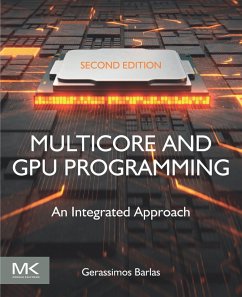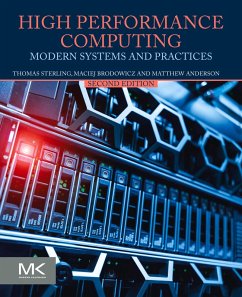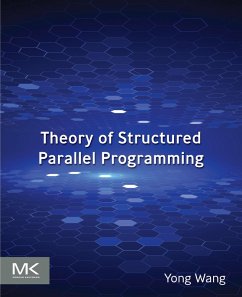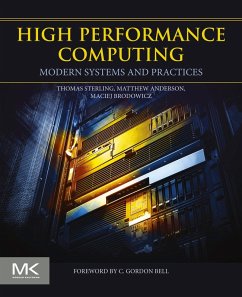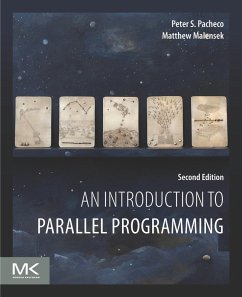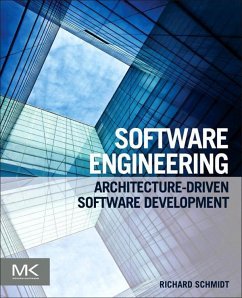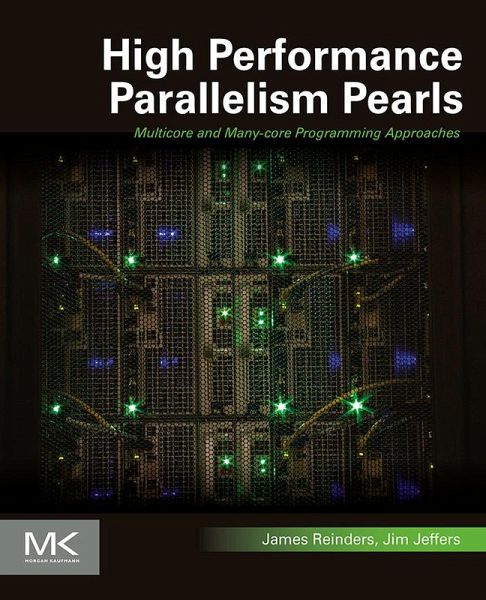
High Performance Parallelism Pearls Volume One (eBook, ePUB)
Multicore and Many-core Programming Approaches
Versandkostenfrei!
Sofort per Download lieferbar
44,95 €
inkl. MwSt.
Weitere Ausgaben:

PAYBACK Punkte
22 °P sammeln!
High Performance Parallelism Pearls shows how to leverage parallelism on processors and coprocessors with the same programming - illustrating the most effective ways to better tap the computational potential of systems with Intel Xeon Phi coprocessors and Intel Xeon processors or other multicore processors. The book includes examples of successful programming efforts, drawn from across industries and domains such as chemistry, engineering, and environmental science. Each chapter in this edited work includes detailed explanations of the programming techniques used, while showing high performanc...
High Performance Parallelism Pearls shows how to leverage parallelism on processors and coprocessors with the same programming - illustrating the most effective ways to better tap the computational potential of systems with Intel Xeon Phi coprocessors and Intel Xeon processors or other multicore processors. The book includes examples of successful programming efforts, drawn from across industries and domains such as chemistry, engineering, and environmental science. Each chapter in this edited work includes detailed explanations of the programming techniques used, while showing high performance results on both Intel Xeon Phi coprocessors and multicore processors. Learn from dozens of new examples and case studies illustrating "success stories" demonstrating not just the features of these powerful systems, but also how to leverage parallelism across these heterogeneous systems. - Promotes consistent standards-based programming, showing in detail how to code for high performance on multicore processors and Intel® Xeon Phi(TM) - Examples from multiple vertical domains illustrating parallel optimizations to modernize real-world codes - Source code available for download to facilitate further exploration
Dieser Download kann aus rechtlichen Gründen nur mit Rechnungsadresse in A, B, BG, CY, CZ, D, DK, EW, E, FIN, F, GR, HR, H, IRL, I, LT, L, LR, M, NL, PL, P, R, S, SLO, SK ausgeliefert werden.




